RAPIDSEA OBD2 Protocol Stack
Available in ANSI-C source code format, our OBD2 stack enables vehicle manufacturers to quickly comply with this mandatory standard with minimal effort.

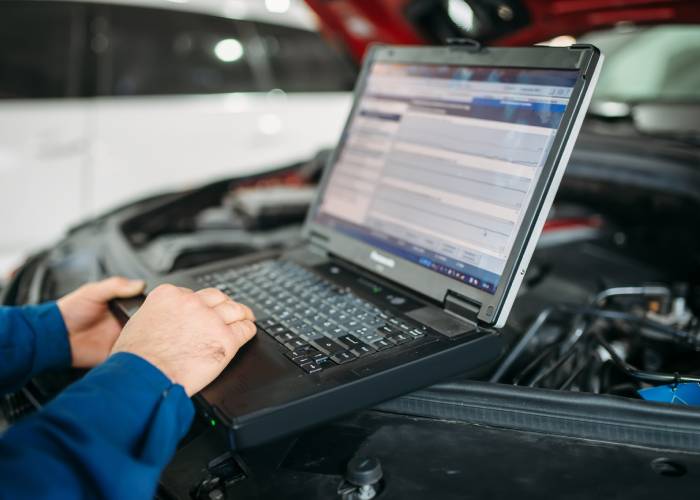
On-Board Diagnostics (OBD) 2 protocol is the most commonly used standard for vehicle's built-in self-diagnostic system. It enables collection of vehicle diagnostic trouble codes (DTCs) and real-time data via a standardized connector called the OBD2 connector.
Supported over different physical layers such as ISO 9141-2, KWP2000, J1850 VPW, J1850 PWM, and ISO 15765 CAN, the CAN interface is the most widely used. With standard APIs, extensive documents and our technical support, customers can enable the OBD II communication protocol easily.

Written in MISRA compliant 'C' in a thread safe way, server and client can be accessed via clearly defined APIs.

Royalty Free Licensing Model, tied to MCU, provides you with great flexibility in deploying in any number of products.
Our OBD II communication protocol stack is portable to any MCU/MPU on any software like Linux, RTOS & Bare metal.

Apart from the popular OBD CAN bus interface, it is available over other physical interfaces like KWP2000 as well.
As OBD2 has become mandatory since 2008, Embien's RAPIDSEA OBD2 stack is an idle solution to meet the compliance requirements. Some of the salient features include:
Ported across all major silicon vendor's devices together with our extensive support, RAPIDSEA OBD2 stack is the one stop solution.
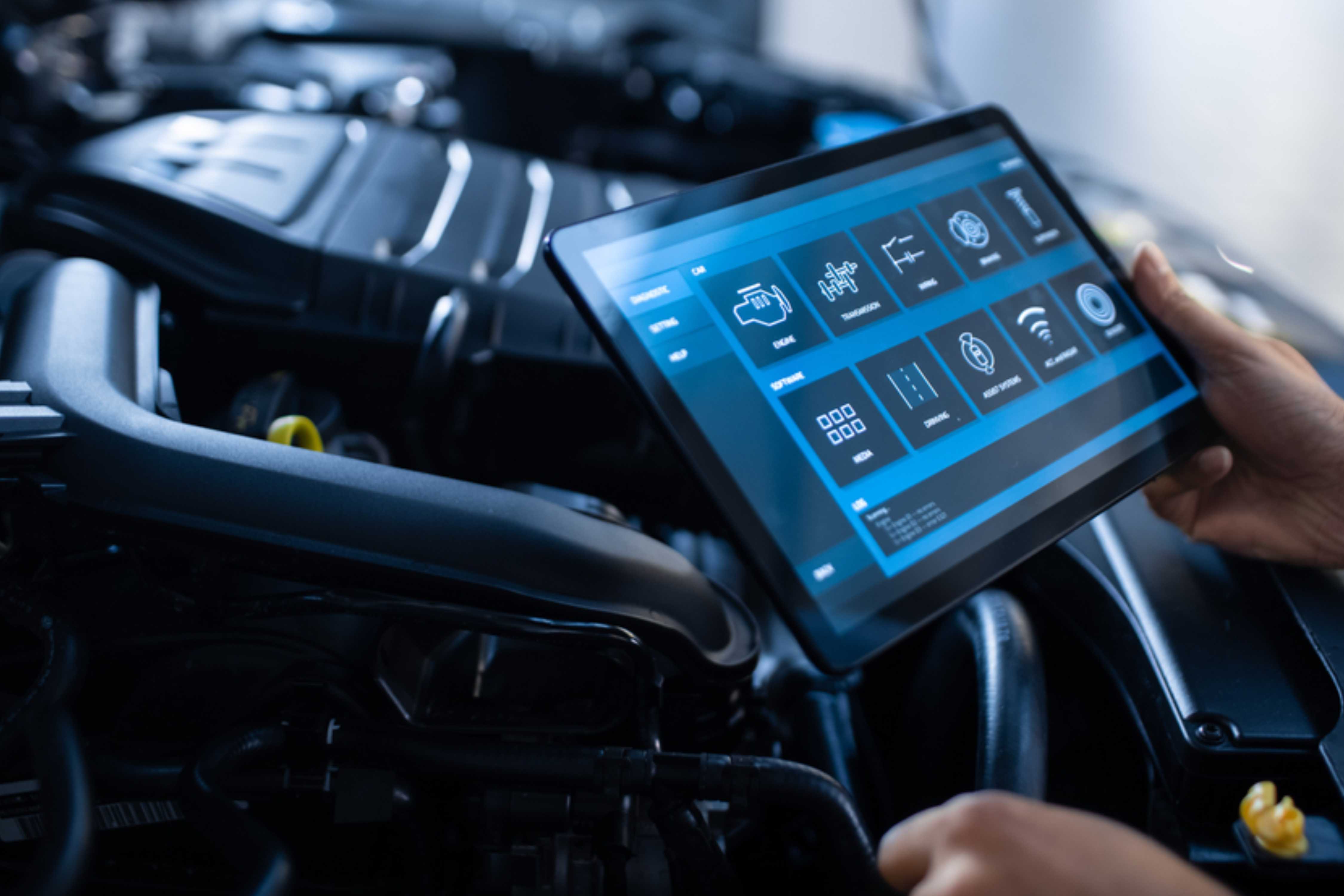

OEMs, Tier 1s and Tier 2s trust Embien's OBD2 stack to enable this popular OBD II communication protocol for their vehicles because of the following reasons:
With minimal dependencies on resources, the stack can be quickly added to the devices at any point of development stage with minimal effort.
For the developers of diagnostic tools and adapters, it is the best solution to enable high performance diagnostic access to the vehicle and perform OBD2 protocol programming.
Explore today to know more how you can cut down your development time.
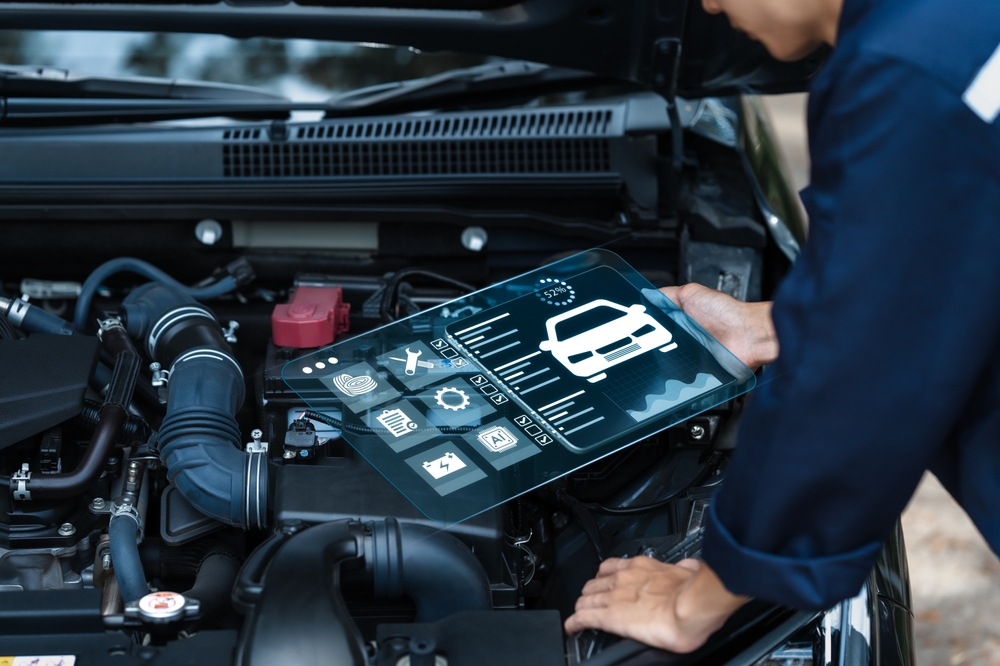
Embien's OBD2 stack is available for OBD2 protocol programming on the following major MCU's and MPU's:
With clearly abstracted HAL layer, the OBD2 protocol programming stack is readily portable to any other silicon family as well.
.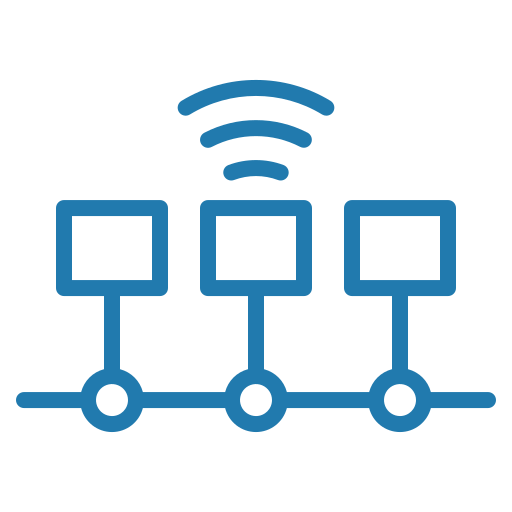
Embien can help port the RAPIDSEA J1939 stack to customer platforms it doesn't yet support. The stack works with many MCUs and platforms already. We can make it run over CAN or CAN-FD, optimized for your target system. Our team knows how to make it work well on different set-ups and use cases.

Embien has rich experience in developing diagnostic tools on top of OBD2 and UDS protocols where the vehicle data like Speed, RPM, VIN, etc. can be accessed and shared over communication interfaces such as LTE, Wi-Fi, Bluetooth etc. We have specialized expertise in BLE based mobile app-based data acquisition.
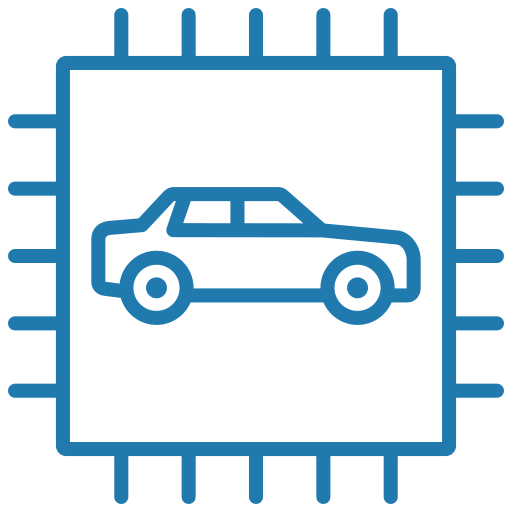
For over 15 years, apart from OBD2 protocol programming, our team has been supporting customers in developing various Electronic Control Units (ECUs) such as TCU, MCU, IPS, BMS, EPS etc. With deep understanding of the automotive domain and ecosystem, our services can help you achieve results quickly at attractive costs.
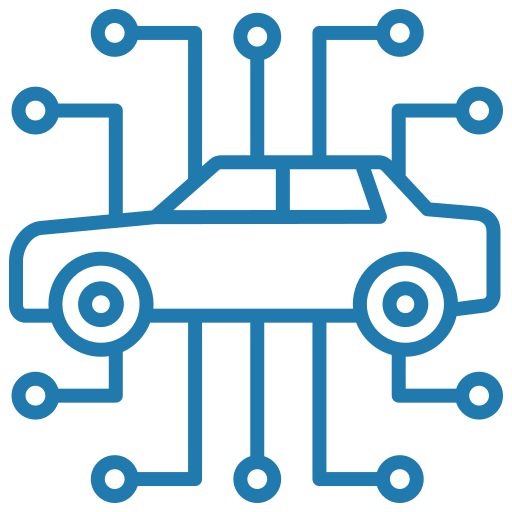
Modern vehicle systems employ an array of protocols such as UDS, DoCAN, DoIP, J1939, Automotive Ethernet, LIN etc. With a vast experience in working with all these protocols and interfaces, our engineers can help you in architect the system and derive specifications of new developments.
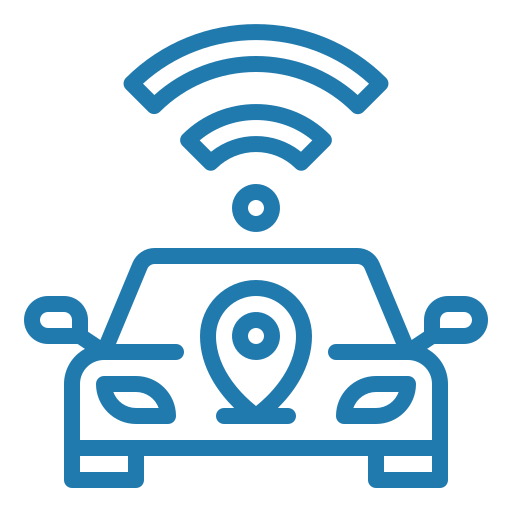
Countries across the globe are making regulations that mandate the collection of critical vehicle data especially for commercial vehicles. With numerous telematics control unit and telematics gateway unit designs to our credit, Embien is the right partner for enabling remote vehicle telematics.

Stepper motor-based gauges, segmented LCD based display, LED driven gauges, TFT based graphics display running Android/Qt/Sparklet - you name it all - Embien has developed instrument cluster units for passenger vehicle, consumer vehicle and two-wheeler segments. We have integrated telematics units in clusters also.
Some of the key features of our RAPIDSEA OBD2 Stack are

The OBD2 Protocol Stack brochure has been designed to give you all the necessary information related to the OBD2 protocols stack including

Embien emphasizes providing the best-in-class services and solutions for its customers. Our OBD2 software stack is offered with

Embien's OBD2 Protocol Stack covers all the requirements with respect to the standard specification, enabling diagnostic communication between ECUs and tester/programmer devices. Our OBD2 stack is implemented on top of the OBD CAN bus and other physical layers.
An evaluation version of the same can be requested via the below link.
Example project can be accessed via the following link.

Embien offers Flint IDE to auto-generate the code specifying the necessary services and data IDs needed over the OBD2 interface.
With the help of graphical user interfaces, developers can quickly enable the necessary OBD modes and Parameter IDs (PID), generate code and compile along with the RAPIDSEA OBD2 stack.

If you are a coder, we have a detailed list of APIs with example implementations that can be readily integrated into your application. If you are not, it is even easier. Leverage our Flint System Configurator to configure and utilize the same